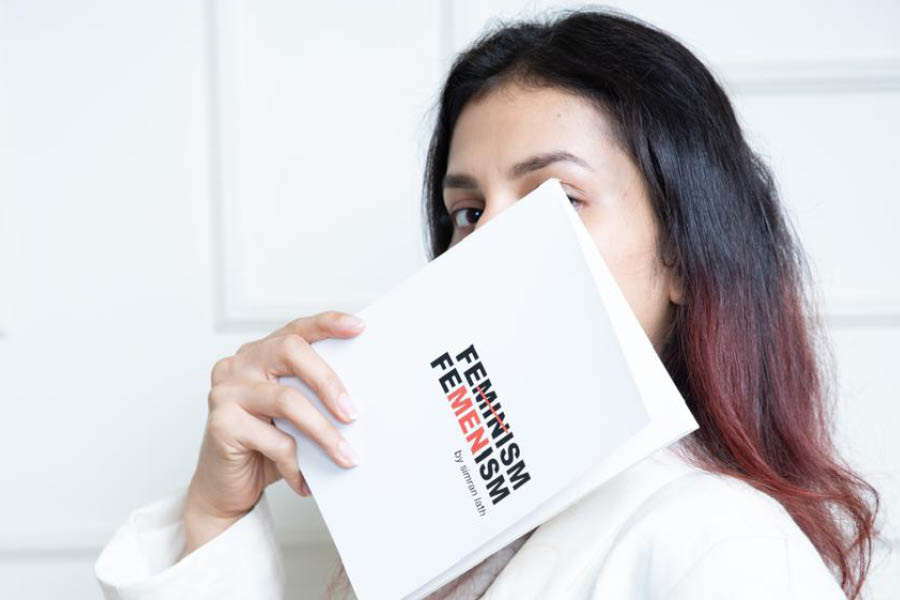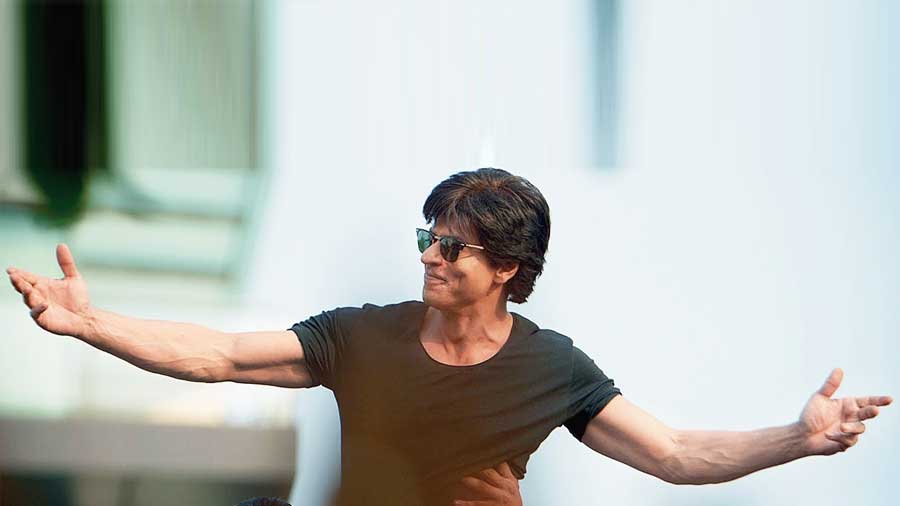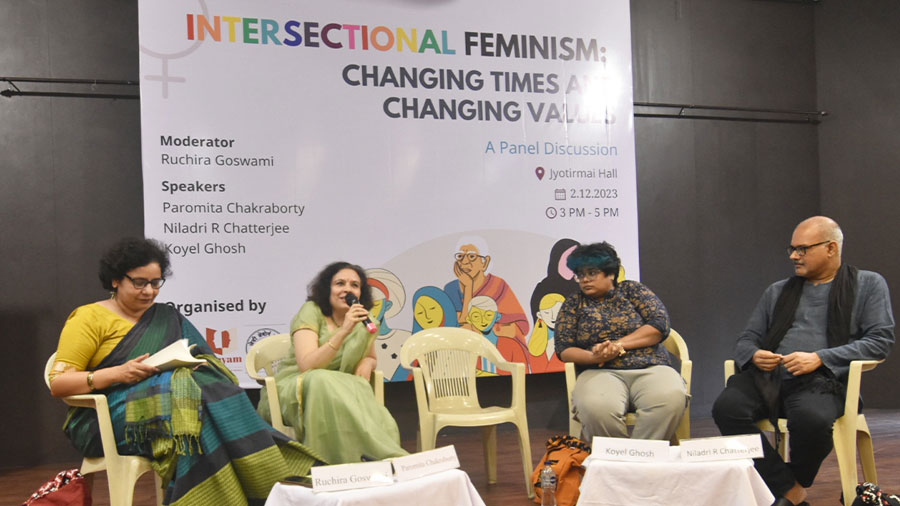For as long as I can remember, I have been a rebel. Always doing whatever I want to do, sometimes just to prove a point. It is exhausting, though, having to do something just to assure yourself that your actions and opinions matter.
“So, are you a feminist?” I get asked often. More so after publishing my first volume of poetry, Feminism Femenism (see what I did there?!) last year. It is not an easy question to answer, partly because there is no single answer to this question anymore. For centuries, women have had to go above and beyond to get the bare minimum. Depending on where you look, this disturbing trend continues. But does that make every woman a feminist?
Men are not happy in a ‘man’s world’
A couple of years ago, I was privy to a typical debate between two of my friends. One of them, a girl, spoke about how difficult it is to be a woman in India, with all the impositions around marriage and kids. To say nothing of the other social norms such as not eating before the men in the household, dressing and talking in a particular way, and so on. ‘Gruelling’ was how she described womanhood, something I found deeply relatable. Surely, men do not have to face such things, I thought to myself.
“What do men have to give up for the sake of society?” asked my female friend. That is when my guy friend shared his thoughts, shedding light on how men do not have it easy either. From expectations of being the breadwinner to navigating the increasingly complicated notions of chivalry to being shamed for openly displaying emotions (unless it is anger, of course), my friend made a compelling case for how men are not happy in a “man’s world”.
What exactly is feminism then? And what (or whom) does it stand for? Does it aspire for equality or the far-more achievable ideal of equitability? All these questions germinated fresh ideas in my head, which I poured out in verse in Feminism Femenism. I realised that there are as many different types of feminism as there are women in this world. Feminism for a teenage girl in rural Haryana is not the same as feminism for a middle-aged female CEO in New York. A homemaker in Hyderabad who did not get to live out her dream of being a singer requires feminism differently from a woman widowed by war in Yemen. Instead of being set in stone, feminism, I feel, flows like water, adapting to its surroundings to help fulfil the multifaceted needs of being a woman.
Men have to be welcomed as allies rather than being denounced as adversaries

Simran Lath with her debut book Simran Lath
But what about men? Where do men fit into the picture? Especially in a world where, for the most part, women and men enjoy the same basic rights on paper, from education to employment to protection by the State. And when does a demand for equality transform into a desire for uniformity?
In one of my poems, I talk about a woman’s love for diamonds, something that most men cannot resonate with. In a so-called equal society, is a woman allowed to love diamonds the same way? Or is her quest to be equal supposed to involve letting go of ‘feminine’ passions? My poetry also talks about power, how so much of being an ‘empowered’ woman is misunderstood, such as when women mimic men and their habits in a high-functioning corporate setting (just ask Elizabeth Holmes and her aspiration to be a female Steve Jobs).
I feel that for feminism to flourish, men have to be welcomed as allies rather than being denounced as adversaries. As any woman in a patriarchal society can attest to, patriarchy is not sustained by men alone. Many times women hold back other women for cultural, psychological and emotional reasons that should have been articulated in a PhD by now. By opening doors to men and making their voices heard, feminism can only grow stronger. After all, society, unlike single-sex schools, does not comprise segregated spaces where women and men fight their separate battles. Society is about women, men and people of all genders coming together to create a cooperative environment where one’s needs and wishes are met without trampling on those of others.
Feminism has far more pressing issues than holding court over who qualifies as a woman
In recent years, thanks to social media, feminism has become even more misunderstood, because of its association with the trans rights movement. This had led to the development of the so-called TERFS (Trans Exclusionary Radical Feminists), who believe that transwomen are not women. Without getting involved in this debate, I would like to point out that feminism has far more pressing issues than holding court over who qualifies as a woman, which toilets one should use and who gets to compete in a sport, all issues TERFs and their opponents have been obsessing over.
In the Indian context, feminism is still navigating the choppy waters produced by the merging of Western concepts and Indian attitudes. Words like ‘consent’, ‘independence’ and, of course, ‘equality’ are still being understood by Indians, with the scepticism, even hostility, of the previous generations towards “values from the West” gradually on the slide. With that in mind, Feminism Femenism is my attempt to come up with more questions than answers, to make generations of Indians contend with daily issues through the lens of gender and, above all, to kick-start conversations where women and men are heard for what they have to say.
Simran Lath is a Kolkata-based full-time futures and options trader besides being a poet. With Feminism Femenism as her debut book, she aspires to write more on the complexities of human nature. Reach out to her @spilling_perspectives on Instagram.












